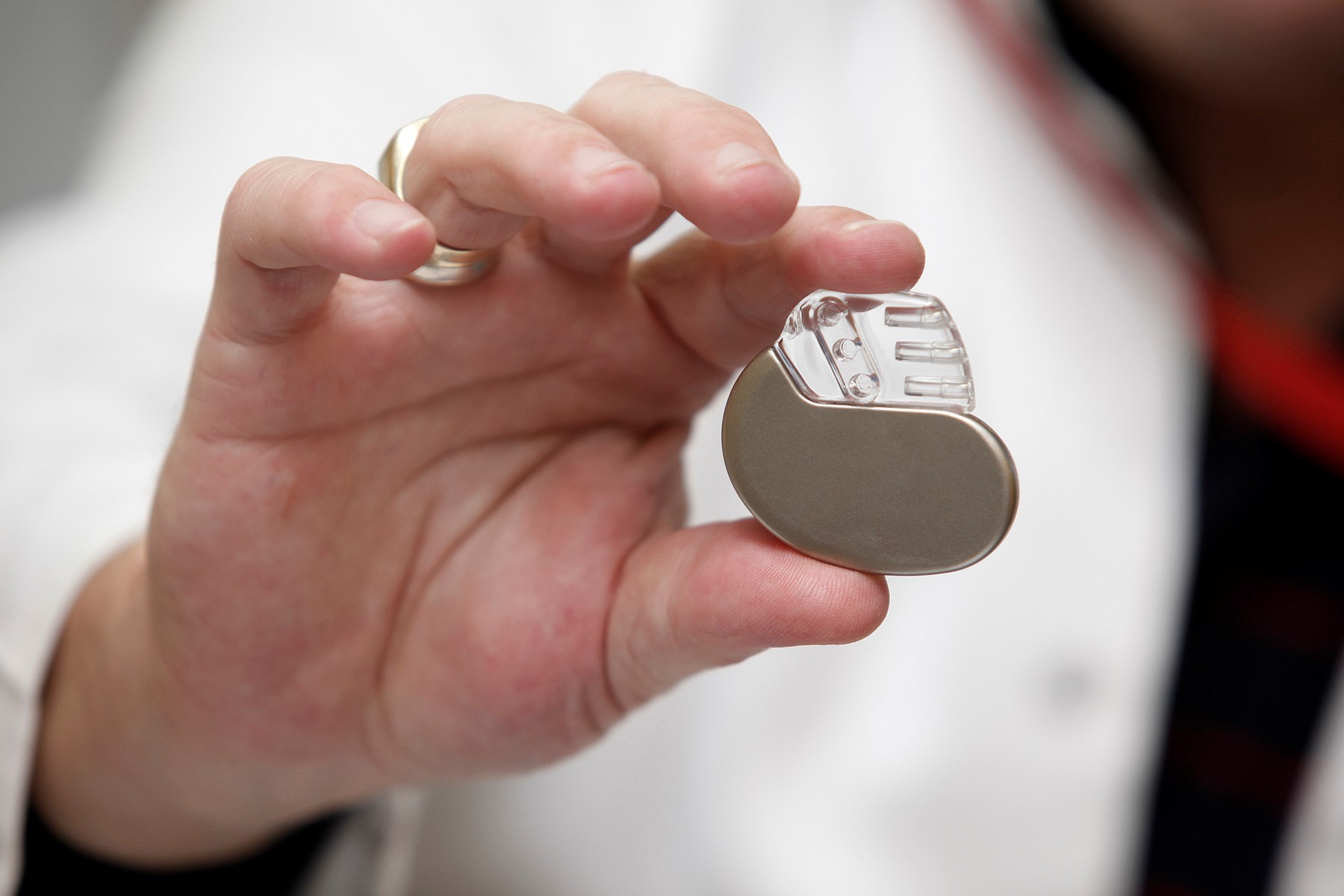The controversial medical device tax hurts doctors, patients and manufacturers and should be repealed by Congress – according a new study released today by the California-based, free-market think tank, the Pacific Research Institute.
Click here to download a copy of the study.
“As the congressional session winds down, Congress has some unfinished business – taking action to repeal the medical device tax,” said Dr. Wayne Winegarden, author of the Benefits from Repealing the Medical Device Tax. “The medical device tax is bad tax policy that has increased patient costs, reduced access to life-saving technology, and reduced profits and jobs. Repealing the tax would bring many benefits, such as increased medical innovation and better-quality care for patients.”
The medical device tax imposes a 2.3 percent tax on such common items as pacemakers, CT scan machines, dental instruments, and artificial joints. The tax is currently suspended.
Looking at the tax through the lens of ideal tax policy, the study shows that the tax is a failure. Winegarden cites recent data showing that Congress isn’t even collecting the revenue it anticipated – $2.1 billion below estimates between 2013 and 2015.
It has also led to lower investment in research and development in new medical technology, a significant decline in industry sales (nearly $27.9 billion between 2013 and 2015 according to one estimate cited in the study), and tens of thousands of lost jobs.
Winegarden notes that while Congress acting twice to enact a medical device tax moratorium is a good thing, it is only a temporary action. The study concludes that Congress should repeal the tax to eliminate any uncertainty surrounding its possible future re-implementation.
Dr. Wayne Winegarden is a Senior Fellow in Business and Economics at Pacific Research Institute. He is also the Principal of Capitol Economic Advisors.

